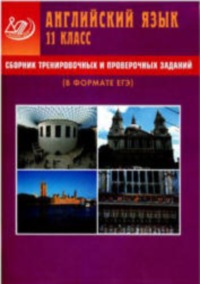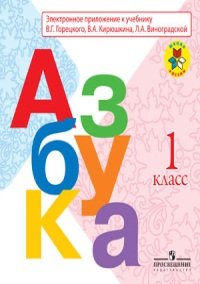C. Hodge – Encyclopedia of the Age of Imperialism
Первоначальная цена составляла 2.480 ₽.1.240 ₽Текущая цена: 1.240 ₽.
Автор: C. Hodge
Название книги: Encyclopedia of the Age of Imperialism
Формат: PDF
Жанр: Прочая историческая литература
Страницы: 969
Качество: Изначально компьютерное, E-book
In 1800, Europeans governed about one-third of the world's land surface; by the start of World War I in 1914, Europeans had imposed some form of political or economic ascendancy on over 80 percent of the globe. The basic structure of global and European politics in the twentieth century was fashioned in the previous century out of the clash of competing imperial interests and the effects, both beneficial and harmful, of the imperial powers on the societies they dominated. This encyclopedia offers current, detailed information on the major world powers and their global empires, as well as on the people, events, ideas, and movements, both European and non-European, that shaped the Age of Imperialism.
“It is a comfortable feeling to know that you stand on your own ground,” observes
the archdeacon in Trollope’s Last Chronicle of Barset, “land is about the only thing
that can’t fl y away.” A unifying theme to the competition among the Great Powers
over the 100 years preceding the outbreak of World War I is that of a constant
struggle over territory in Europe and beyond. From Napoleon’s Marengo campaign
to force Austria out of northern Italy in 1800 to Austria-Hungary’s determination
in 1914 to punish Serbia for its interference in the Habsburg province of Bosnia-
Herzegovina, confl icts over land provide the bookends for an era of sweeping and
ultimately explosive change. There is, of course, more than one unifying theme for
European and international history between 1800 and 1914. There is the evolution
of modern war, the gathering pace of industrialization, the rise of modern nationalism;
and the accelerated colonization of non-European peoples through deceit,
intimidation, or conquest.
The Encyclopedia of the Age of Imperialism was conceived as a jargon-free reference
companion for students engaged in the history of the modern world, with special
attention to the interconnectedness of these themes. Such a book cannot hope to
be exhaustive, but it must at least strive to be comprehensive. The period with which
it deals has today such a dense and varied historiography that it would require an
author of extraordinary talent or conceit—possibly both—to undertake alone the
composition of a reference work that both scholars and educated citizens curious
about the past will fi nd reliably useful. The editor of the Encyclopedia has instead
drawn on the knowledge of more than 60 senior and junior scholars to provide the
reader with a selection of entries covering the Great Powers in rise and decline, the
wars that attended their fortunes along with the treaties that recorded them, the
statesmen and political leaders whose ambitions steered them, the great political
and cultural changes that infl uenced them, and the places and peoples most profoundly
affected by them.
A problem peculiar to a work such as this is that it may well succeed in presenting
a compendium of facts interesting of themselves without providing a coherent
interpretation of their meaning. Aside from its brief Introduction, provided along
with a Chronology for putting the reader in temporal context, the Encyclopedia is organized around the central assumption that it must emphasize description over
interpretation. It attempts through the “See also” cross-references at the end of
the text of most entries to highlight the interrelatedness of certain people, places,
and events. Equally, the Further Reading listings that end each entry supplement
the Select Bibliography found in the back of the book by alerting the reader to the
interpretive scholarship available on each entry. The Guide to Related Topics will
help readers easily and quickly trace broad and important themes across the Encyclopedia
’s more than 800 entries. The appendix of primary documents is based on the
idea that the reader’s use of the book can be enriched by exposure to documentary
evidence of the thoughts and words of pivotal personalities of the age. Even the
determined presentation of objective facts involves a degree of interpretation, to
the extent that some facts are deemed more important than others. Documentary
evidence, on the other hand, does not fl y away.






Отзывы
Отзывов пока нет.